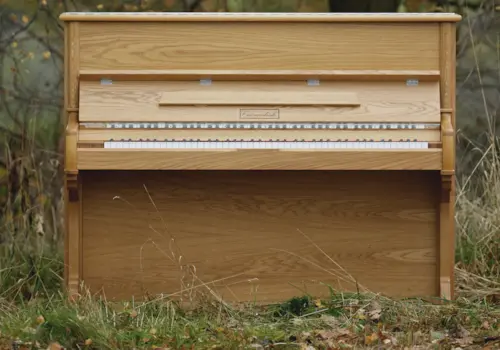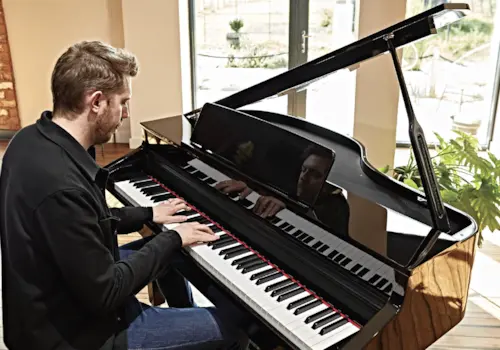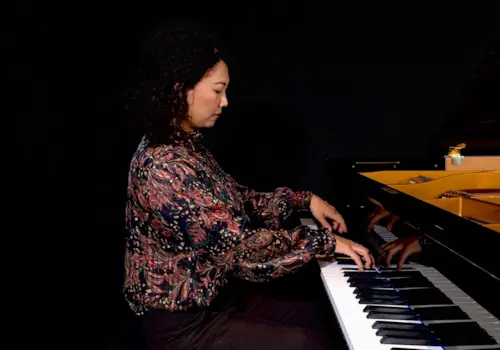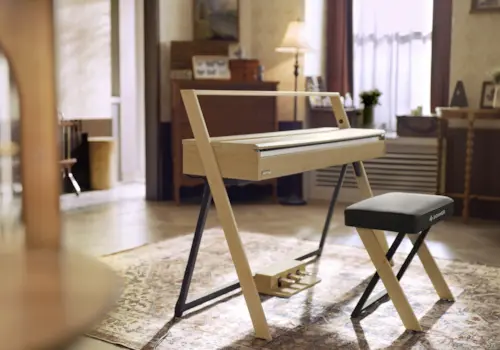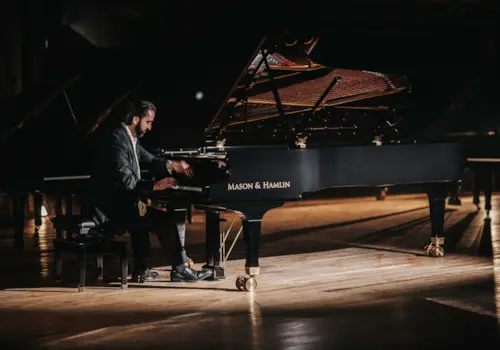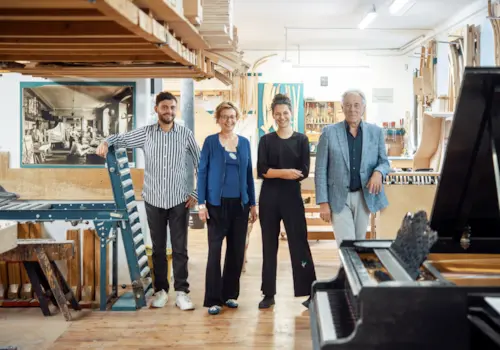RCM graduate Alec Coles-Aldridge argues that starting early may be your best bet
In 2013, the Beijing Normal University released the results of a study which concluded that individuals who started learning the piano before the age of seven benefited from advanced cognitive skills later in life. The benefits remained even for those who stopped practising in their teenage years.
On the contrary, Linda Lorenzo - Director for Learning and Engagement with the Sydney Symphony Orchestra - is a believer that there is no real ideal age. Instead, she advises that the physical nature and interests of the child should be considered. A child who is physically strong might suit a brass instrument. A child with large hands might suit the piano. A child who enjoys the sound of the double bass should begin on the cello before progressing to the double bass when their physique can cope with such a large instrument.
On the other hand, the Peterson Family Foundation provides a comprehensive list for which instruments suit specific age ranges. The piano is deemed an instrument suitable for the earliest of children; age three-four is considered a good time to begin these lessons.
With such diverse and contradicting answers from studies, teachers and education experts, what really is the best age for learning the piano? Does age even matter?
There are two important topics need to be considered...
Goals
What do you want to be able to play on the piano? If your goal is being able to play Chopin’s Raindrop Prelude, any age will work provided you practice regularly. Can you play this piece starting at age ten? Yes. Age fifty? Yes. If your goal is to become a concert pianist, the answer is the earlier the better. Put simply, starting at age five will give you an extra year’s practice than starting at age six, and with committed practice, this will lead to an extra year’s progress.
Lang Lang began learning the piano at age three. Sir András Schiff began at age five. Both are undoubtedly highly successful musicians. Can you become a concert pianist starting at age forty? It’s possible, but you need to demonstrate exceptional levels of dedication.
Read writer Daniel Johnson’s argument on why it’s never too late to learn.
It's never too late to learn...everyone's a winner!
Classical pianist & columnist Daniel Johnson suggests ways of learning piano later in life.
Commitment
As with any skill, progress is the result of consistent practice, dedication and hard work. Attending a piano lesson once a week with no practice will result in minimal progress. If you are ready to commit, you will be able to learn the piano. Starting the piano at age two with regular practice will be much more efficient than beginning as a fully grown and mature twenty-year-old with no practice.
What is the best age to start learning the piano? It’s the same as asking yourself how long a piece of string is. It depends on what you need the string for.
What you should be asking yourself is this: Am I (or my child) committed enough to achieve my goals on the piano?
By Alec Coles-Aldridge. Alec is a graduate of the Royal College of Music and studied for a Bachelor of Music Degree.

